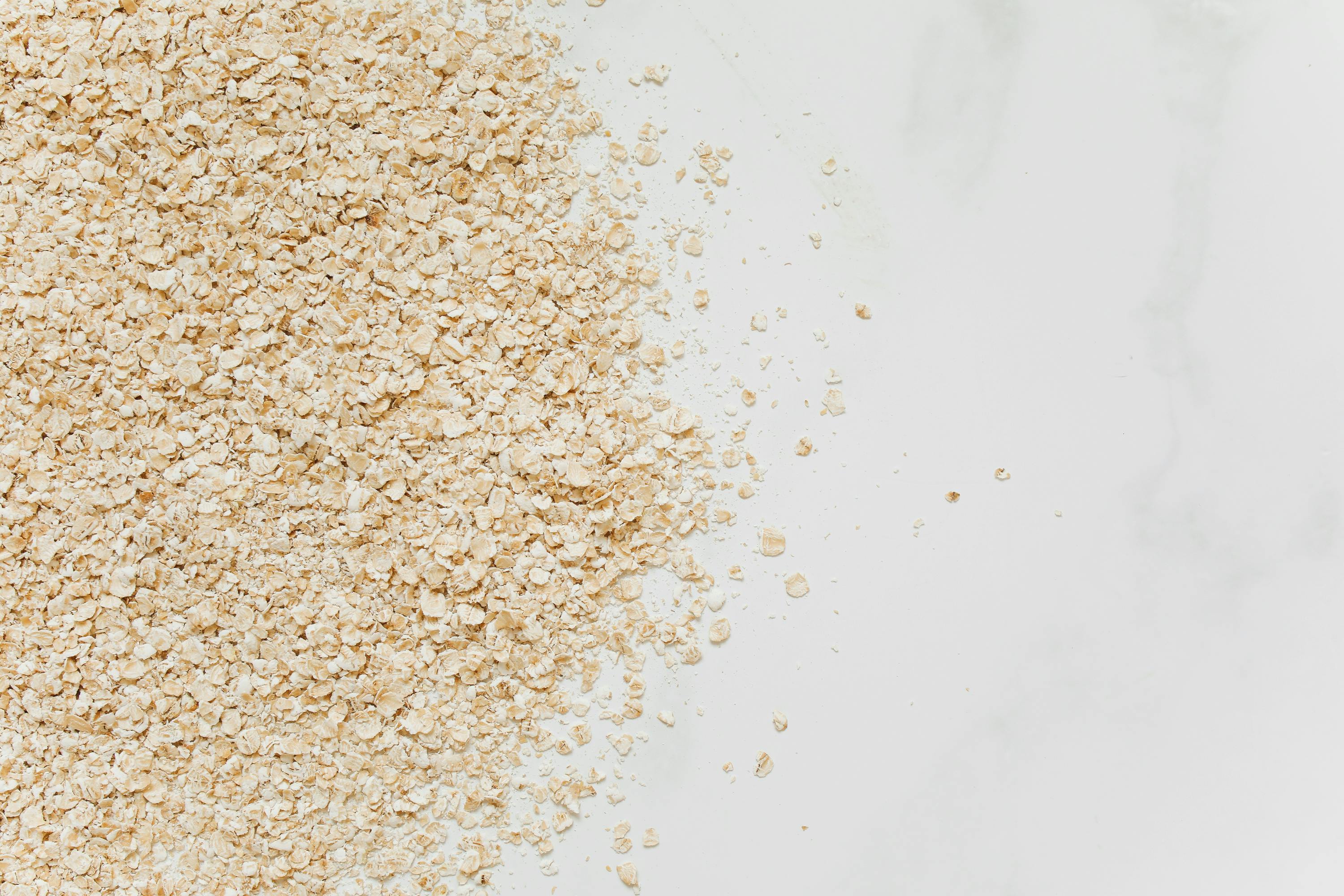A Dietitian's Guide to Lowering Cholesterol Without Medication
51. Cholesterol and Your Thyroid

If your cholesterol is high, it may be a sign of an underactive thyroid. Your thyroid gland produces hormones that help regulate many of your body's functions, including how it removes cholesterol. When thyroid hormone levels are low, your body doesn't remove LDL ("bad") cholesterol from the blood as efficiently as it should. This can lead to a buildup of cholesterol, even if you are eating a healthy diet. Ask your doctor to check your thyroid-stimulating hormone (TSH) levels with a simple blood test.
52. The Role of Bile Acid Sequestrants

While medication is often a last resort, some natural substances act like prescription bile acid sequestrants. These are resins that bind to bile acids in your gut, forcing your liver to produce more bile. To do so, your liver pulls cholesterol from your bloodstream, effectively lowering your blood cholesterol levels. Soluble fiber from foods like psyllium husk, barley, and oats functions in a similar way. Incorporating these foods into your diet helps your body actively remove cholesterol before it can be reabsorbed.
